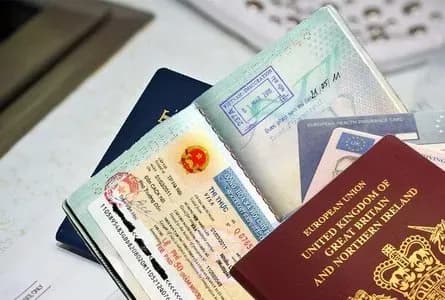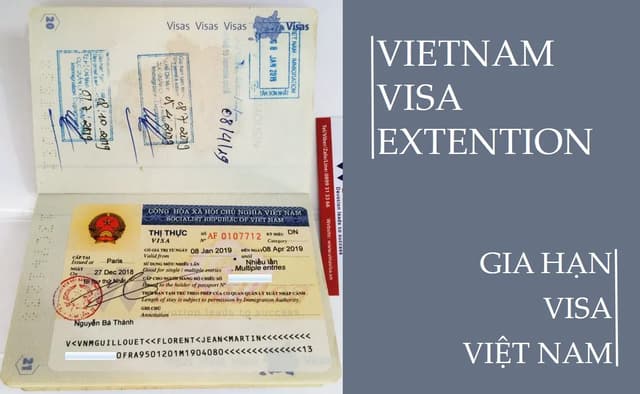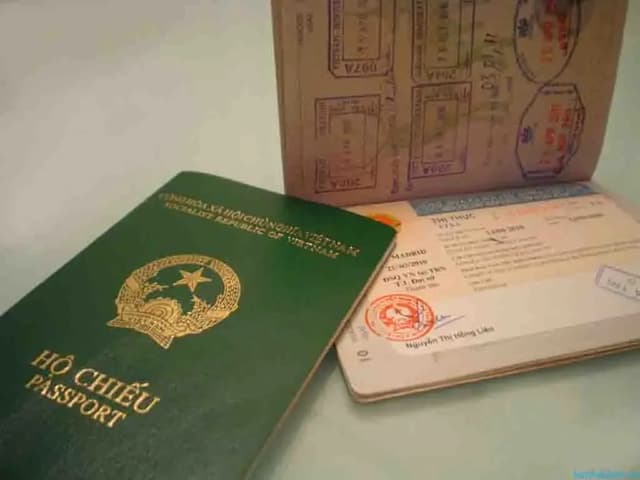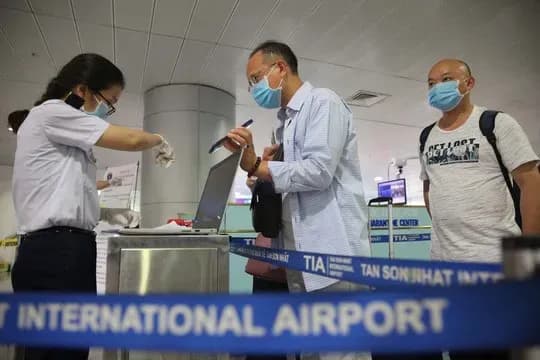What is copyright infringement?
By Hoa Nguyen
09/12/2024
This article explains the concept of copyright infringement, an important issue in the field of intellectual property. Understanding copyright infringement helps you recognize infringements, protect your work effectively, and avoid unnecessary legal risks.
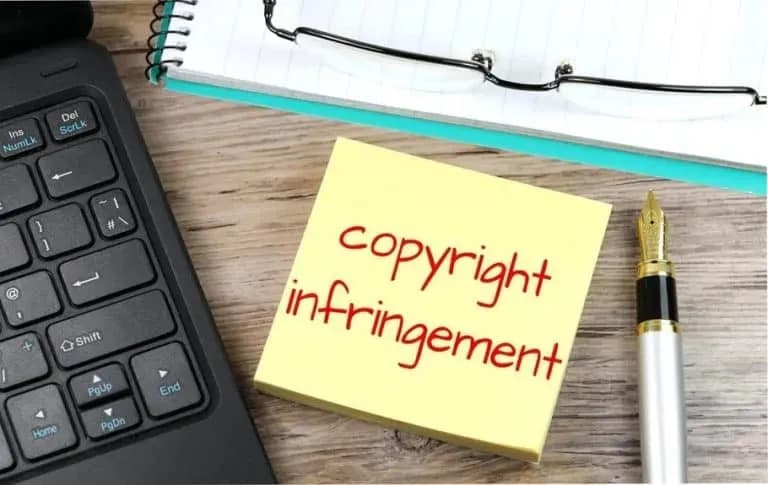
What is copyright infringement?
Copyright is used to protect cultural spiritual creations (also known as works) from being infringed, such as scientific or literary articles, musical compositions, recordings, paintings, photographs, films and radio programs, etc. This right protects the personal and economic interests of the author in relation to this work. Currently, copyright infringement appears more and more in many different forms. This significantly affects the rights and legitimate interests of the author or owner of the work. To help customers understand copyright infringement, iguide.ai would like to provide you with the necessary information for reference below.
1. What is copyright infringement?
Copyright infringement is the unauthorized use of works protected by Intellectual Property law, infringing on certain exclusive rights of the author or owner of the work.
2. What are copyright infringements?
According to Article 28 of the 2019 Consolidated Law on Intellectual Property, acts of copyright infringement include:
- Appropriation of copyright for literary, artistic and scientific works.
- Impersonating the author.
- Publishing or distributing works without the author's permission.
- Publishing or distributing a co-authored work without the permission of the co-author.
- Modify, edit or distort the work in any way that harms the author's honor and reputation.
- Copying a work without permission from the author or copyright owner, except in the cases specified in Point a and Point d, Clause 1, Article 25 of this Law.
- Making derivative works without permission from the author or copyright owner of the work used to make derivative works, except for the case specified in Point i, Clause 1, Article 25 of this Law.
- Using a work without permission from the copyright owner, without paying royalties, remuneration, or other material benefits as prescribed by law, except in the case specified in Clause 1, Article 25 of this Law.
- Renting out a work without paying royalties, remuneration and other material benefits to the author or copyright owner.
- Reproducing, producing copies, distributing, displaying or communicating works to the public via communication networks and digital means without the permission of the copyright owner.
- Publishing a work without the permission of the copyright owner.
- Intentionally destroying or disabling technical measures taken by the copyright owner to protect the copyright in his work.
- Intentionally deleting or changing electronic rights management information contained in a work.
- Manufacture, assemble, modify, distribute, import, export, sell or lease equipment knowing or having reason to know that such equipment invalidates technical measures taken by the copyright owner to protect the copyright in his work.
- Making and selling works whose author's signature is forged.
- Exporting, importing, or distributing copies of a work without the permission of the copyright owner.
3. The right to self-protect copyright of authors and owners of works?
- Apply technological measures to prevent infringement of intellectual property rights;
- Require organizations and individuals who infringe intellectual property rights to stop the infringement, apologize, publicly correct, and compensate for damages;
- Request competent state agencies to handle acts of intellectual property infringement in accordance with the provisions of this Law and other relevant legal provisions;
- File a lawsuit in court or arbitration to protect your legitimate rights and interests.
4. Measures to handle copyright infringement?
- Organizations and individuals who infringe upon the intellectual property rights of other organizations and individuals, depending on the nature and extent of the infringement, may be subject to civil, administrative (Consolidated Document 1432/VBHN-BVHTTDL 2017, merging the Decree on administrative sanctions for violations of copyright and related rights) or criminal (Article 225 of Consolidated Document of the Penal Code No. 01/VBHN-VPQH).
- In case of necessity, competent state agencies may apply temporary emergency measures, measures to control exported and imported goods related to intellectual property, measures to prevent and ensure administrative sanctions according to the provisions of the Law on Intellectual Property and other relevant legal provisions.
Vietnam visa application service for foreigners
By Hoa Nguyen
16/10/2024
Our Vietnam visa application service provides a quick and convenient solution for foreigners who need to enter and temporarily reside in Vietnam. We provide short-term and long-term visas for tourism, business, investment and visiting relatives. With a simple and professional process, we ensure to save time and bring satisfaction to customers. Contact us now for support!
Extend Vietnam visa procedures for foreigners
By Van Vu
16/10/2024
Extending Vietnam visa for foreigners is one of the important services to ensure legal residence in Vietnam. We provide a fast and simple visa extension process, suitable for various types of visas such as tourism, business, and visiting family. With attentive and professional support, we commit to bringing convenience and peace of mind to customers during the visa extension process. Contact us for detailed advice and support on extending Vietnam visa procedures.
Procedures for applying for visas for foreigners working in Vietnam
By Van Vu
16/10/2024
This article provides detailed instructions on the procedures for applying for visas for foreigners working in Vietnam, including short-term and long-term visa types, as well as corresponding conditions and expiry dates. In addition, information on legal regulations and necessary documents is also provided to support foreign workers and businesses in carrying out procedures effectively and legally.
Visa issuance for foreigners at international border gates
By Van Vu
21/10/2024
According to Article 18 of the Law on Entry, Exit, Transit and Residence of Foreigners in Vietnam 2014, the issuance of visas at international border gates for foreigners is regulated in detail.

